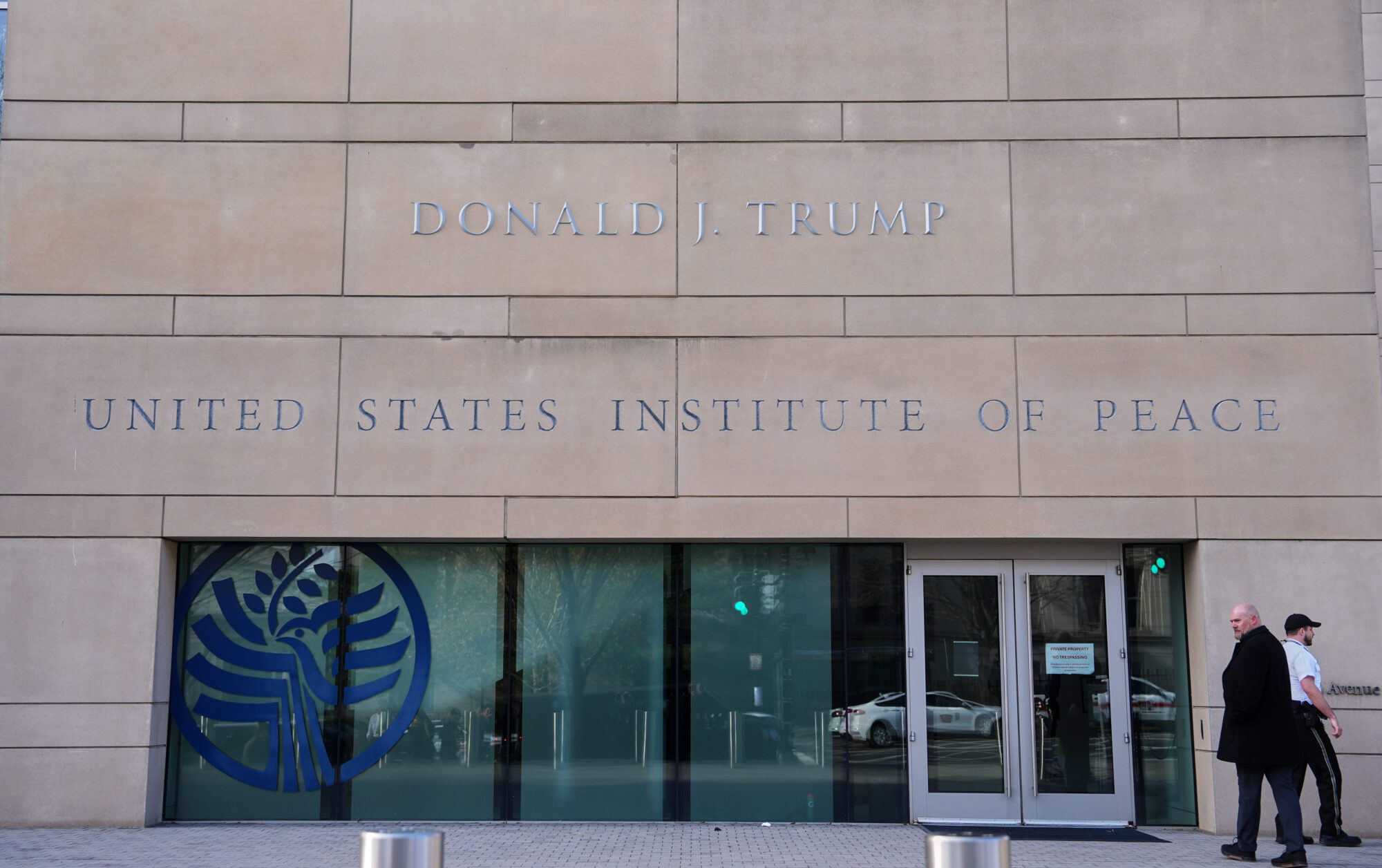
(Photo from Delta State)
- DSU President Dr. Daniel Ennis says the reorganization will allow the school to direct its limited resources to the academic areas that have the most enrollment without raising tuition.
Delta State University’s proposed changes to its academic programs were approved by the Board of Trustees for the Mississippi Institutions of Higher Learning (IHL) during this month’s meeting.
The cuts are being made as cost saving measures by the institution’s president, Dr. Daniel Ennis, in an effort to bring the institution’s budget in line without raising tuition prices. Delta State University was the only public institution within Mississippi not to request a tuition increase this year.
READ MORE: Declining enrollment forces budget cuts at Delta State
Last week, the IHL Board, through the consent agenda, approved Delta State’s request to delete 21 degree programs. As previously reported, Dr. Ennis said most of the degree paths being deleted will still be available through other routes.

Speaking with Magnolia Tribune this week, Dr. Ennis said higher education is changing as students migrate to programs that they believe best suit their needs.
“This reorganization will allow us to direct our limited resources to the academic areas that have the most enrollment, and to do so without raising tuition,” Dr. Ennis said. “We are making progress on a set of new degrees that will allow us to continue to offer programs in the arts and humanities, but to do so in ways that are more cost effective and take advantage of emerging trends in digital culture and design.”
Delta State will employ a teach out program to allow juniors and seniors with 60 or more hours accrued in a degree path scheduled for deletion to earn that degree, meaning faculty in those programs will not be immediately affected until the degrees are phased out. Still, 17 staff positions will be eliminated in the short term.
Eleven of the programs being deleted have single-digit enrollment numbers, such as the Bachelor of Music, which has three students, according to the IHL’s agenda. There are currently 11 faculty members in the music department, and it is estimated that ending the three music-focused degrees slated for deletion will affect seven of those faculty.
Other departments slated for faculty reductions include the Art Department, where four faculty will be affected out of a total of eight, and the Languages and Literature Department, with four out of a total of 10 staff affected.
The program with the most students impacted is the Bachelor of Fine Arts, which has 28 students currently enrolled.
Other program deletions are not expected to affect faculty numbers after they are phased out. They include Bachelor of Arts in History, Bachelor of Business Administration in Finance, Bachelor of Science in Mathematics, Bachelor of Science in Education Mathematics, Bachelor of Science in Social Studies Education, Master of Public Accountancy, Master of Science in Natural Sciences, Educational Specialist in Counseling, Educational Specialist in Elementary Education, and the Bachelor of Science in Health, Physical Education and Recreation.
John Sewell, Director of Communications for the Mississippi Institutions of Higher Learning, said Dr. Ennis and his team are Delta State are making the difficult decisions necessary to the university’s success.
“Dr. Daniel Ennis and his leadership team are committed to the success of Delta State University, even when that means making difficult decisions about programs,” Sewell said. “The IHL Board of Trustees is equally committed to Delta State’s success and has demonstrated that commitment in their support of Dr. Ennis.”
The degree program deletions are being made in part due to a declining enrollment in Mississippi’s public universities and colleges during a time when it is costing more to operate.
Delta State’s full-time equivalent enrollment (FTE) has declined by 47 percent over the last 10 years, going from 3,753 in the 2013 school year to 1,991 in the 2023 school year. However, the university’s operating budget has increased by 34 percent and state appropriations to the school have increased 85 percent during the 10-year period.
Dr. Ennis previously told Magnolia Tribune that the decision not to seek a tuition increase this coming school year would have diminished the university’s competitiveness.











